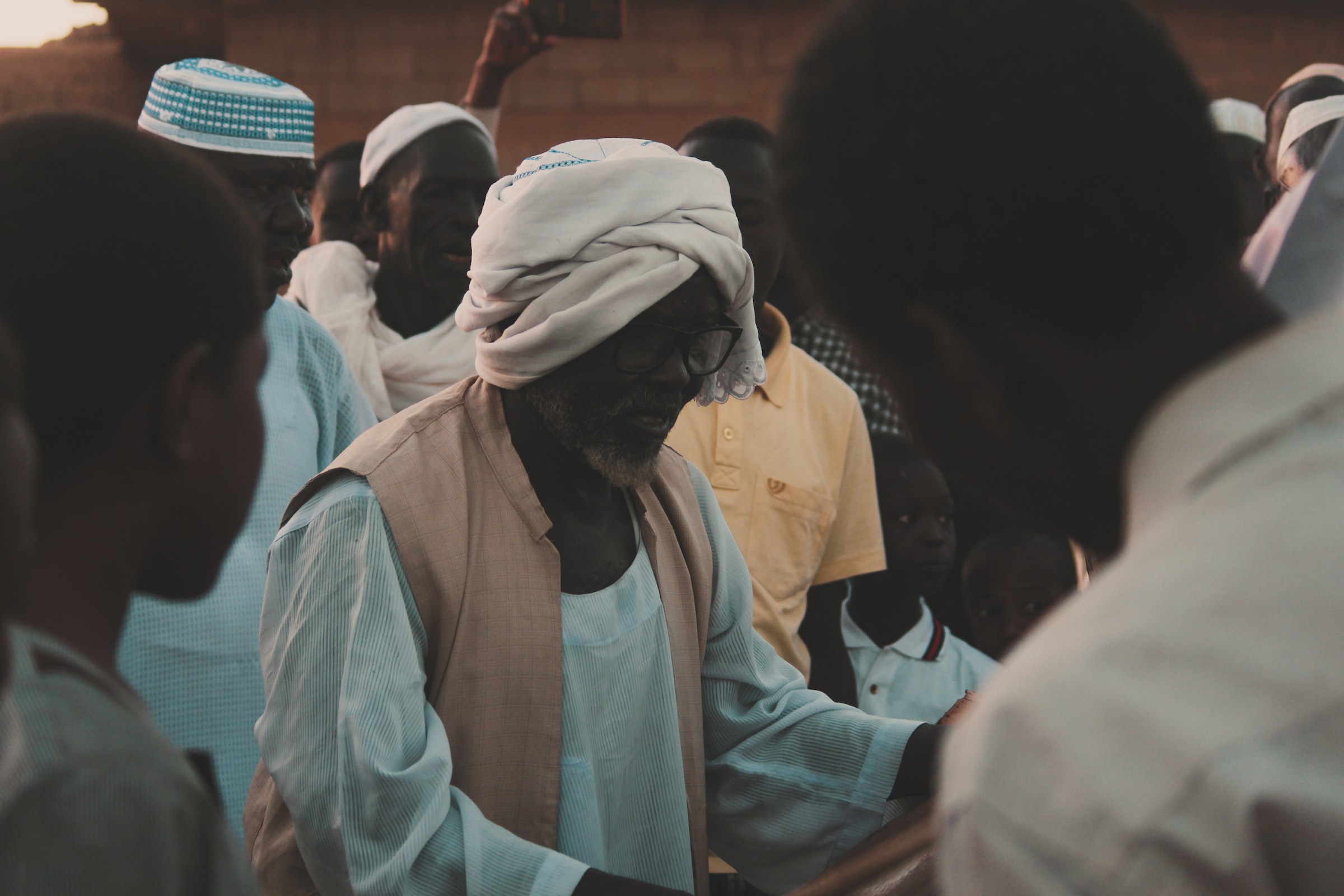A large number of the various types of nonprofits in South Sudan are involved in humanitarian activities and short-term urgent responses. Ever since the country’s independence in 2011, the country continues to grapple with economic stagnation, instability, and fragility.
The Republic of South Sudan is said to be the world’s youngest nation and Africa’s 55th country. However, the development strides which was gained were all forfeited following the civil wars in December 2013 and July 2016. This further worsened the humanitarian crisis in the nation.
In this article, we will examine the types of nonprofits in South Sudan as well as their impact and contribution.

- The new NGO Act in South Sudan contributes little to the improvement of civil society operations in the country
- South Sudan has over 5000 nonprofits in operation
- With more citizens in need of humanitarian assistance, most NGOs are known to pursue humanitarian activities.
What are the types of nonprofits in South Sudan?
There are three major nonprofits operating in South Sudan. They include;
1. Non-governmental organizations (NGO): these types of nonprofits are defined as “voluntary organizations formed by two or more persons, not being Public bodies, to undertake voluntary or humanitarian projects.”
NGOs are known for their role in influencing policy decisions of government that affect the lives, attitudes and cultures of the people. These nonprofit entities foster communication from the people to the government and vice versa. Communication upward entails acquainting the government on the opinion and perception of the community. Communication downward likewise involves notifying the community about the plans and activities of the government.
2. Community-based organizations (CBO): these types of nonprofits are known as public or private entities that represent a community or a part of a community and is committed to serving the needs of the people.
CBOs function at a local level to improve the community life of citizens. These nonprofits also aim to build equality across various sectors of society. Their understanding of the culture and language of the people allows them to perform their roles effectively. CBOs are known for their active service in humanitarian response as they operate in proximity to disaster-affected communities.
3. Civil Society Organizations (CSOs): these types of nonprofits are known to address the interest and values of their members based on their ethical, cultural, and religious behaviour. CSOs in South Sudan largely comprise faith-based organizations as well as grievance-based and advocacy groups. However, faith-based organizations are considered critical contributors to peace and reconciliation efforts in the nation.
The activities of CSOs in South Sudan are largely shaped by western donors comprising Britain, the United States, and Norway. These types of nonprofits are known to enormously rely on foreign donors.
What are the regulatory frameworks governing the types of nonprofits in South Sudan?
In 2016, the South Sudan government passed two pieces of legislation to govern the various types of nonprofits in the country. They include the NGO Act and the Relief and Rehabilitation (RRC) Act. This in turn will replace the civil-war-era legislation that previously existed.
However, the new NGO Act contributes little to the improvement of civil society operations in the country. This poses a serious concern, especially with the prevalent humanitarian crisis and political upheavals in the nation.
The various types of nonprofits in South Sudan are required by law to register and submit to constant monitoring by the government. The Act also forbids nonprofits from carrying out activities in the country if it has not been registered with the commission. It goes as far as criminalizing voluntary activities carried out without a certificate of registration. Penalties for lack of compliance amount to a fine of over 50,000 South Sudanese pounds ($10,000) or up to three years imprisonment or even both.
Also, tax exemption status is given to nonprofits that agree to apply their income for public services and not business profit. The Act demands that all nonprofit organizations must be registered with the authorized government entity to be granted tax exemptions. In addition, all NGOs in South Sudan are required to register with the tax department within one month of registering with the Ministry of Justice. The act penalizes late applications with 50,000 SSP which is about $12,500.
How many nonprofits are in South Sudan?
South Sudan has over 5000 nonprofits operating in the country. With more citizens in need of humanitarian assistance, most NGOs are known to pursue humanitarian activities.
The Humanitarian community in 2022 reported that an estimated two-thirds of the population of South Sudan require humanitarian assistance. This amounts to over 8.9 million people. This shows an increase of about 600,000 from 2021.
Also, the country has over 2 million internally displaced persons (IDPs) and about 2.3 million South Sudanese are refugees scattered across neighbouring countries. 5.3 million people were said to have gained some form of humanitarian assistance as of December 2021.
Furthermore, the recurring conflict and harassment of NGOs have resulted in a shrinking space for civil society. Some nonprofit organizations and journalists have been arrested and detained for publicizing and performing advocacy on issues that the state considers adverse to their interests.
Conclusion
The issues being faced by the various types of nonprofits in South Sudan can be considered somewhat vast. This is especially with the nation’s recurring crisis and conflicts. Likewise, the political and ethnic turmoil has created a crucial challenge that hinders NGOs from undertaking major activities in various regions of the country.
The nonprofit sector lacks favourable policies that allow organizations to effectively carry out their activities. Now more than ever, NGOs in South Sudan must seek ways to influence policy decisions that allow for social reforms.
If you enjoyed reading this article, please share your comment with us at the bottom of the post.



One Response